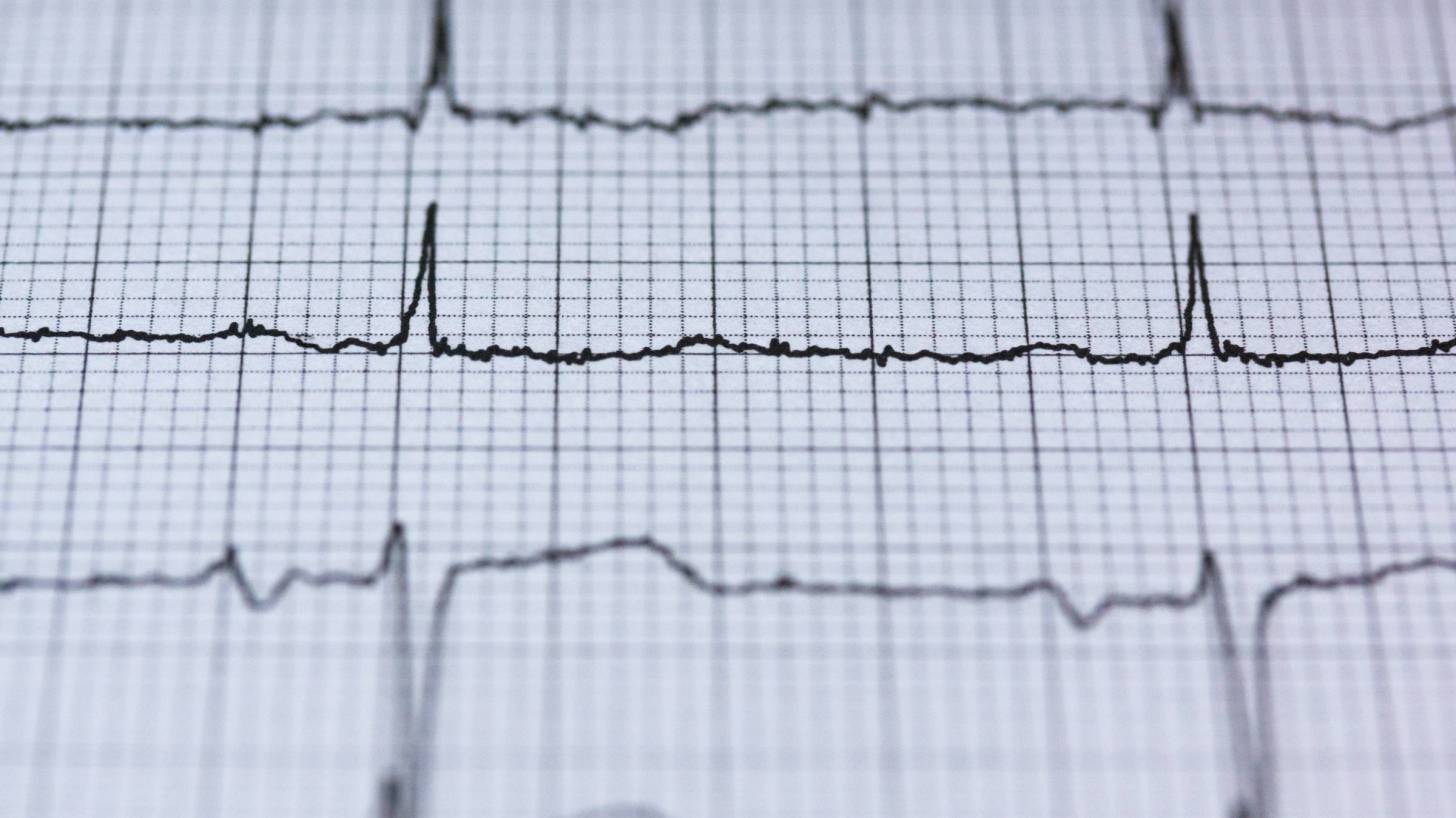Hydroxychloroquine Reported Not-Associated With COVID-19 Heart Rhythms

A new study announced ‘short-term hydroxychloroquine treatment is not associated with lethal heart rhythms in patients with COVID-19 who are risk assessed prior to receiving the drug.’
That’s the finding of research published on September 24, 2020, in EP Europace, that was conducted to assess electrocardiogram (ECG) changes and arrhythmias in COVID-19 patients treated with hydroxychloroquine, in different clinical settings.
A risk calculator was used to assess the likelihood of QT prolongation and decide on the treatment setting. All patients had an ECG before starting treatment and at least (1) follow-up measurement.
In the participating centers, patients took 200 mg hydroxychloroquine twice a day (i.e. a total of 400 mg per day). More than half of patients (58.6%) took a loading dose on the first day, meaning they received 400 mg twice on that day (i.e. a total of 800 mg).
Hydroxychloroquine was administered early after symptom onset in three different care settings: 126 (19.4%) patients were managed at home, 495 (76.3%) were hospitalized in a medical ward, and 28 (4.3%) patients were treated in ICU. In line with real-world practice, 30% of patients received two QT-prolonging drugs, and 13.6% received three (including hydroxychloroquine).
A significant QT interval prolongation was observed in the overall cohort, but the magnitude of the increase was modest and similar across care settings. The most important determinants of QT prolongation during hydroxychloroquine treatment were fever at admission and baseline QT length.
Over a median follow-up of 16 days, there were no lethal arrhythmias.
A total of seven patients (1.1%) had a serious ventricular arrhythmia, but none were deemed related to QT prolongation or to hydroxychloroquine treatment.
“This was the largest study to assess the risk of dangerous heart rhythms (arrhythmias) in COVID-19 patients treated with hydroxychloroquine,” said study author Dr. Alessio Gasperetti of Monzino Cardiology Centre, Milan, Italy and University Hospital Zurich, Switzerland.
“In our cohort, there was a low rate of arrhythmias and none were associated with hydroxychloroquine.”
The study began when there was very little experience using hydroxychloroquine to treat patients with COVID-19. Current evidence suggests that it is ineffective in patients with advanced disease but there is debate around its effectiveness in the early phase.
This study was not designed to test the effectiveness of hydroxychloroquine in COVID-19 but rather to examine cardiac safety. A total of 649 COVID-19 patients were enrolled between March and April 2020, and the average age was 62 years.
Hydroxychloroquine is known to cause an electrical change in the heart of some patients. It is called QT prolongation because of the pattern on the ECG. This electrical pattern is linked with an increased risk of deadly heart rhythms.
Hydroxychloroquine has been used for decades to treat lupus and rheumatoid arthritis and prevent malaria. But the COVID-19 pandemic is the first time the drug has been used in large numbers of acutely ill patients with multiple health conditions and possibly receiving other QT-prolonging drugs.
The scale of the pandemic raises the likelihood of inherited heart problems that predispose patients to arrhythmias. In addition, changes in blood electrolytes, which can trigger arrhythmias, can occur in those needing treatment in an intensive care unit.
Dr. Gasperetti said: “Hydroxychloroquine treatment was associated with QT prolongation, as expected, but the change was small. There was no connection between the drug and the occurrence of arrhythmias.”
“The study shows that hydroxychloroquine administration, alone or in combination with other potentially QT-prolonging drugs, is safe for short-term treatment of COVID-19 patients at home or in hospital, provided that they undergo risk assessment and ECG monitoring by a physician.”
In the USA, Plaquenil (Hydroxychloroquine) is FDA-approved to treat certain types of malaria and autoimmune conditions such as chronic discoid lupus erythematosus, systemic lupus erythematosus in adults, and rheumatoid arthritis.
Plaquenil is registered in approximately 60 countries under different trade names, such as Plaquenil®, Quensyl®, and Plaquinol®.
The FDA has published a Frequently Asked Questions document and added that clinical trials studying HCQ to see if these drugs can benefit patients with SARS-CoV-2 coronavirus infection.
CoronavirusToday publishes research-based COVID-19 treatment news.
Our Trust Standards: Medical Advisory Committee
























